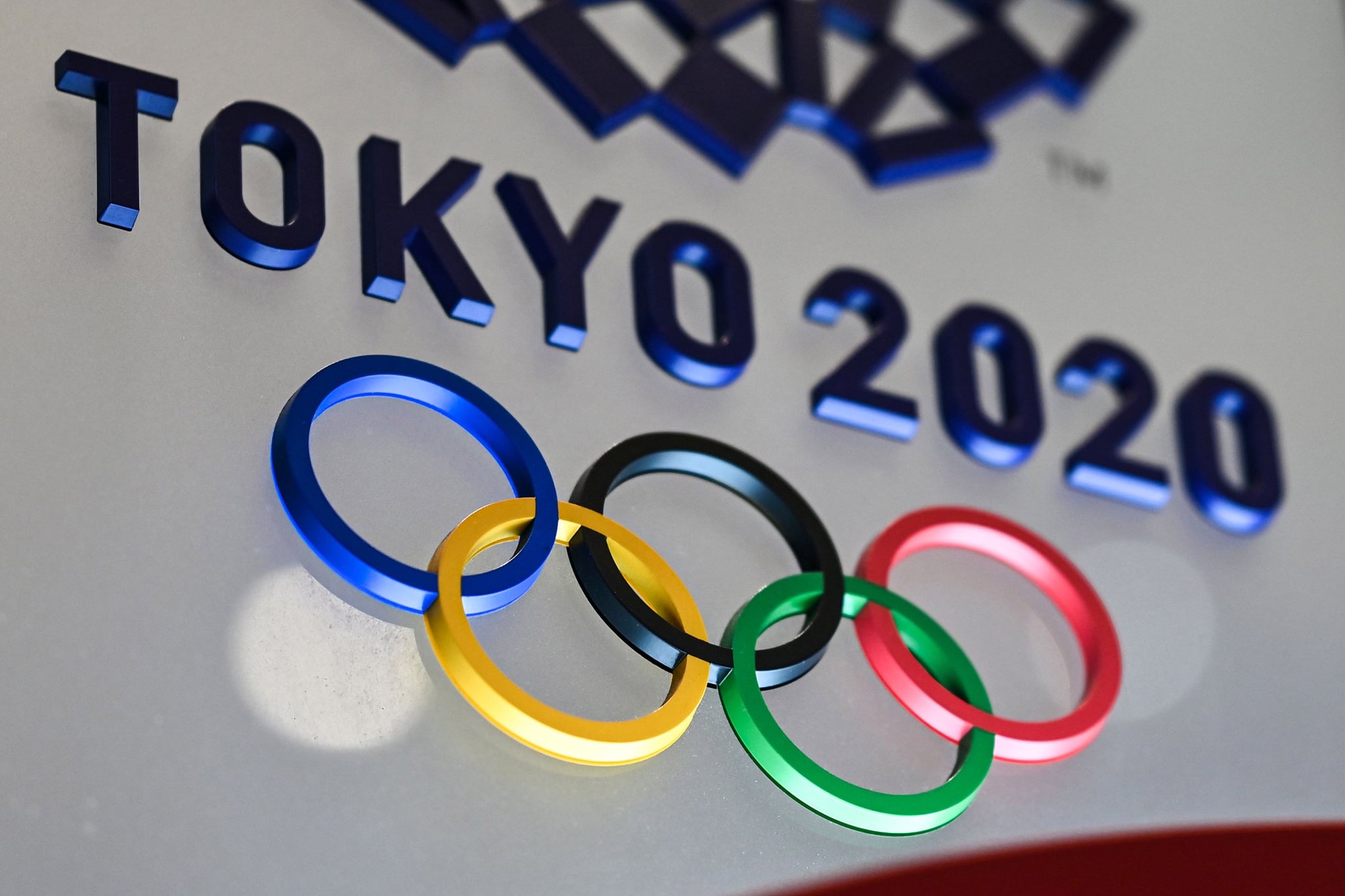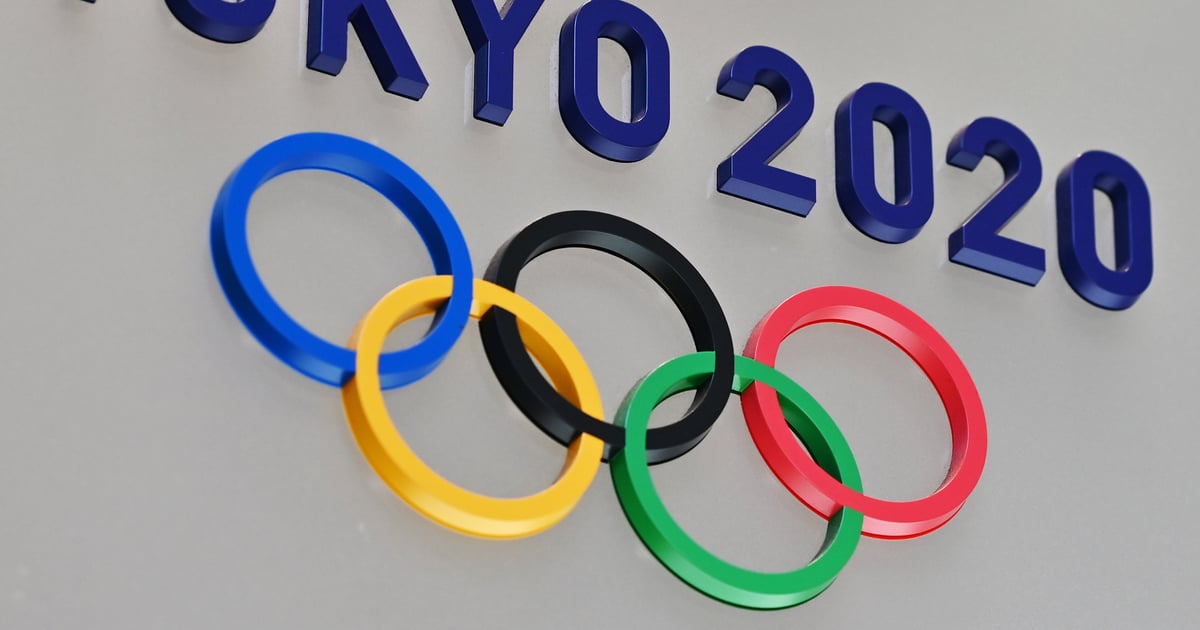Products You May Like

With the Tokyo 2020 Olympics delayed a year because of COVID, the Games are set to start on July 23 (but will still be called Tokyo 2020). In order to keep athletes and everyone else safe and to prevent the Olympics from turning into a superspreader event, organizers have released a guide known as The Playbook to outline the rules and protocols. Here are answers to common questions.
Do Olympians Need COVID Tests to Compete?
Although organizers aren’t requiring that Olympians and Paralympians be vaccinated, vaccines will be available. Athletes will need to take two COVID-19 tests on two separate days within 96 hours of their departure to Japan. They must produce negative test results in order to check in at the airport. Upon arrival to Japan, they will be tested again at the airport and must quarantine for the next three days. To prevent the spread of COVID, athletes will receive daily COVID tests via a rapid saliva antigen test.
What Are the COVID Rules and Restrictions in the Olympic Village?
While at the Games, athletes should wear a face mask at all times, except when eating, drinking, sleeping, training, or competing. They’re asked to keep physical interaction to a minimum and to avoid hugs and kisses. Two-meters distance (six-and-a-half feet) should be kept from all athletes, and they’re asked to keep this distance when eating or to eat alone. Only dedicated Games transportation should be used, not public transportation, and temps will be taken every time an athlete enters a Games venue. Athletes also can’t go out and tour Japan; they can only go to official Games venues and limited additional locations.
What Happens If an Olympian Gets COVID During the 2021 Olympics?
If an athlete tests positive for COVID, they will need to isolate in accordance with the instructions of the Japanese health authorities and will not be allowed to compete. Anyone who was in close contact with that athlete from the two days before symptoms appeared to when they were tested and started isolating will be tested. Whether or not close contacts will be allowed to compete will be decided on a case-by-case basis.
Are Spectators Allowed to Watch Events in Person?
Overseas spectators are banned, which sadly means families can’t cheer on athletes in person. As far as domestic spectators are concerned, officials haven’t made a decision yet.
